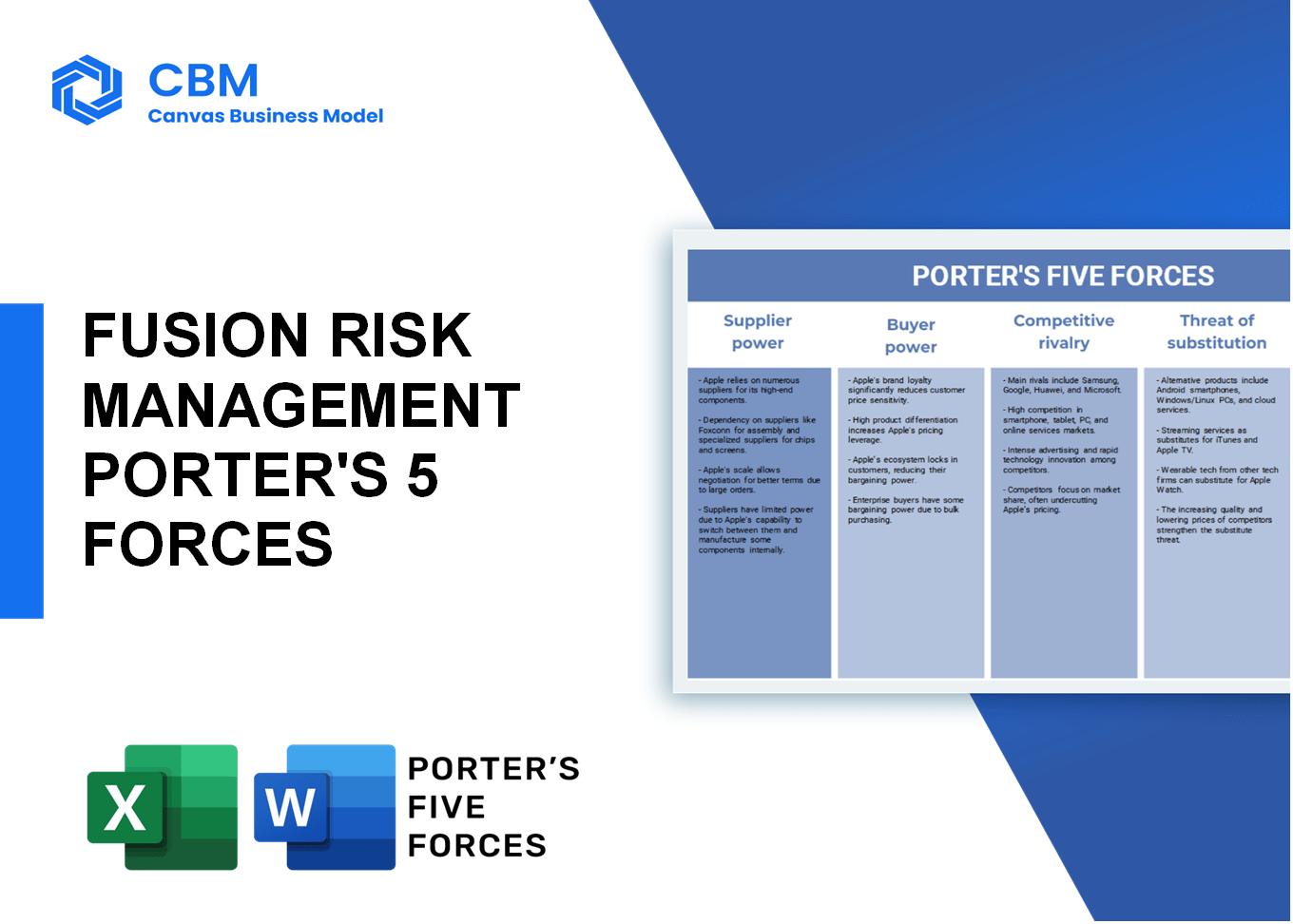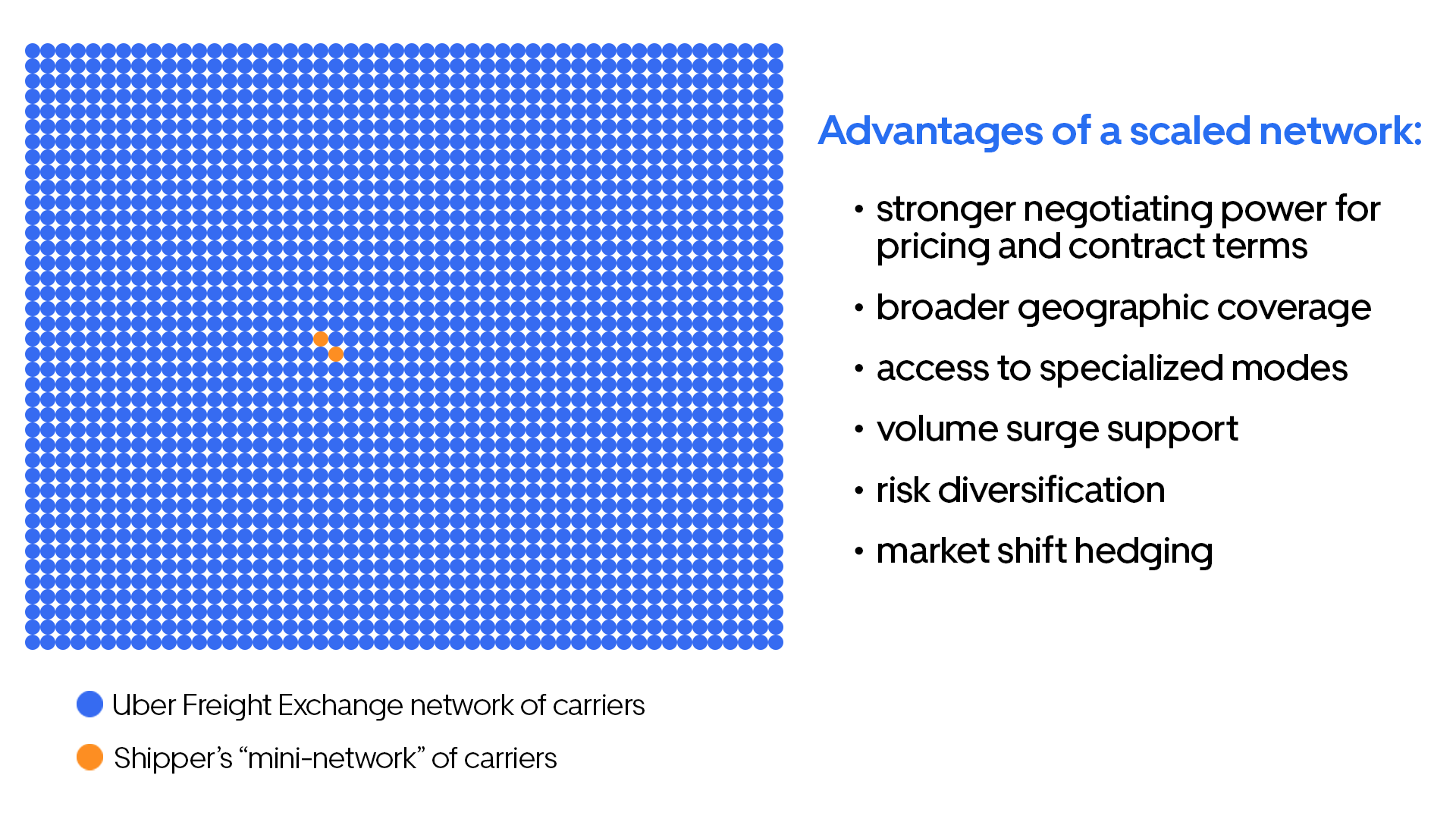Specialized Risk Competitions
In a rapidly evolving business landscape, specialized risk competitions have gained prominence as organizations seek innovative ways to assess and manage risks. These competitions provide an engaging platform where individuals and teams can showcase their skills, knowledge, and creativity in identifying and mitigating risks within various sectors. By harnessing the collective intelligence of participants, these competitions aim to foster a culture of proactive risk management that is crucial for organizational success.
According to a recent study, 73% of organizations recognize risk management as a critical factor in enhancing their operational efficiency. This statistic underlines the significance of developing specialized venues that focus on risk assessment and management. In this article, we will explore what specialized risk competitions are, their importance, and some of the key components that make them effective. Along the way, we’ll provide you with insights into how your organization can benefit by participating in or hosting these competitions.
Understanding Specialized Risk Competitions
Specialized risk competitions are structured events that invite participants from various backgrounds – including students, professionals, and experts – to identify, analyze, and propose solutions for risk-related challenges. These competitions can take various forms, including hackathons, case study competitions, and simulation games. The ultimate goal is to encourage innovative thinking and problem-solving skills around risk management.
The Importance of Specialized Risk Competitions
These competitions provide numerous benefits for both participants and organizations. Here are a few key reasons why they are becoming increasingly relevant:
- Fostering Innovation: Through collaboration and competition, unique, innovative solutions to real-world risks can be developed.
- Skill Development: Participants gain valuable experience and improve their analytical and strategic thinking skills in risk management.
- Networking Opportunities: These competitions allow participants to connect with industry professionals and potential employers.
- Organizational Insights: Organizations can crowdsource ideas and insights from external experts, leading to better risk management strategies.
Key Components of Specialized Risk Competitions
1. Thematic Challenges
Competitions typically center around specific themes relevant to the industry. For instance, a competition may focus on cybersecurity risks, supply chain risks, or environmental risks. This ensures that the challenges posed are timely and significant, encouraging participants to engage deeply with the subject matter.
2. Diverse Participation
Specialized risk competitions encourage participation from a varied demographic, including students, recent graduates, industry experts, and professionals. This diversity generates a wealth of ideas and perspectives, enriching the competition.
3. Expert Evaluation
Judging panels typically consist of experienced professionals and industry leaders who evaluate submissions based on creativity, feasibility, and potential impact. Their feedback not only adds credibility to the process but also offers participants essential insights for improvement.
4. Prizes and Recognition
A successful competition often includes awards that recognize innovative solutions and contributions. Prizes can range from monetary rewards, internships, or scholarships, to networking opportunities and recognition through publications or industry endorsements.
Examples of Specialized Risk Competitions
Case Studies in Action
Let’s explore a few examples of notable specialized risk competitions that have made an impact:
- Cybersecurity Risk Management Challenge: This competition invites participants to devise solutions to mitigate cyber threats for real-world companies.
- Global Supply Chain Risk Competition: Participants propose strategies to enhance resilience in global supply chains, with emphasis on adapting to unforeseen disruptions.
- Sustainable Environmental Risks Competition: Focusing on environmental challenges, teams address risks posed by climate change and develop sustainable solutions.
Benefits for Organizations
Organizations participating in specialized risk competitions stand to gain significantly. Below are several key advantages:
Access to Fresh Ideas
Organizations can benefit from a pool of creative solutions that participants bring to the table. This influx of ideas can stimulate innovative approaches that may not have been considered internally.
Enhanced Brand Visibility
Hosting or sponsoring a competition can enhance an organization’s visibility in the industry as a leader in risk management, attracting potential customers and partners.
Engaging with Future Talent
Organizations can identify and engage with high-potential individuals who showcase significant skills and talents during the competitions, paving the way for future recruitment.
Building Relationships with Academia
Working with universities and educational institutions creates opportunities for collaborative research and further development of risk management methodologies.
How to Organize a Successful Specialized Risk Competition
If your organization is considering hosting a specialized risk competition, here are a few steps to ensure its success:
1. Define Objectives
Establish clear goals for what you want to achieve with the competition, whether it’s sourcing innovative solutions, building partnerships, or enhancing brand visibility.
2. Choose Relevant Themes
Select themes that resonate with the current challenges in risk management, ensuring that they are relevant, timely, and important for participants.
3. Engage Experts
Assemble a panel of expert judges who can provide credible evaluations of submissions and offer valuable feedback to participants.
4. Promote Widely
Utilize multiple channels to promote the competition, ensuring maximum reach to attract a diverse group of participants.
5. Provide Support
Offer resources and mentorship to participants throughout the competition, helping guide their creative process and solution development.
Conclusion
Specialized risk competitions present an exciting opportunity for innovation, skill development, and enhanced networking. By bringing together diverse participants to focus on risk management challenges, organizations can access valuable insights and fresh approaches that drive success. Furthermore, these competitions foster a culture of proactive risk assessment, which is vital in today’s dynamic environment.
As businesses continue to navigate uncertainty, embracing such competitions can prove beneficial in building resilience and ensuring future growth. Whether you are a participant seeking to showcase your skills or an organization aiming to bolster its risk management strategies, engaging in specialized risk competitions presents a promising path forward.
For more insights into risk management topics, consider reading about this detailed guide or exploring another informative resource here.

